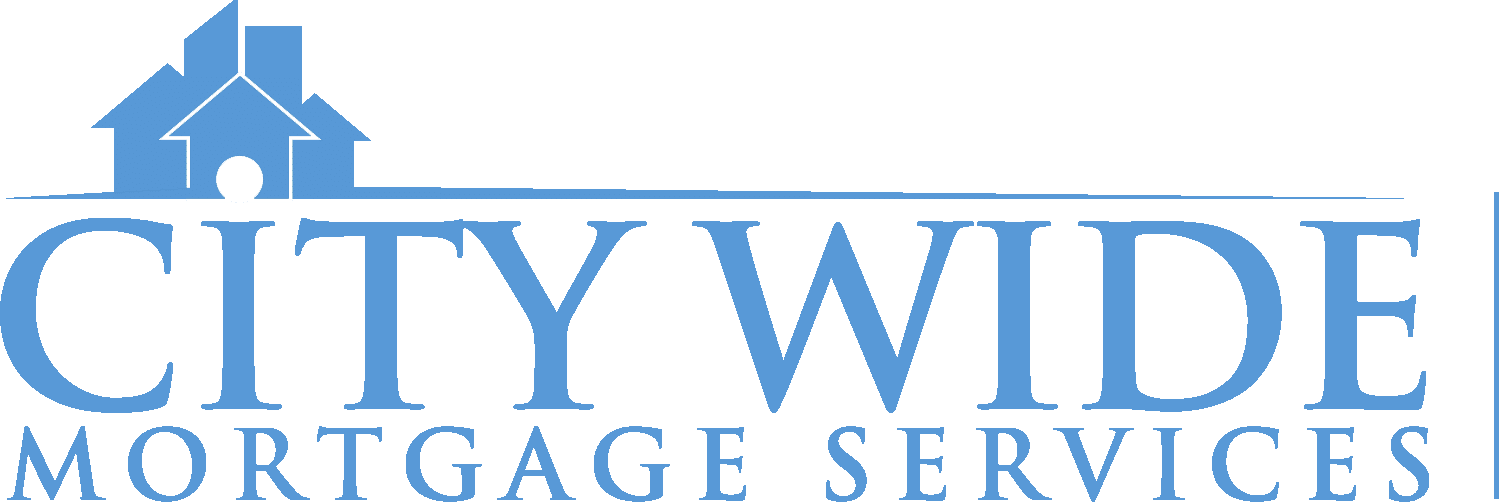Bank of Canada 0.5% Rate Increase – April 2022
Wow, the last month has been one of the craziest I’ve seen in my 12 years doing this job. The Bank of Canada raised rates by 0.5% at this morning’s interest rate announcement. Big move.
The last month saw the biggest jump in fixed rates in over 30 years with most lenders in Canada now above 4% for a 5 year fixed. All the worst expectations for inflation & rate hikes seem to be priced in but it’s important to remember where we are in the business cycle & how that can impact some of these wild rate hike expectations.
Before we get into it, remember, if you’re in a fixed rate. Today’s move doesn’t directly impact your mortgage. You’re locked in. What I would suggest, though, is starting to think about your payments at renewal & what you can do to prepare for that. Get in touch with me to discuss strategies to brace for that.
If you’re in a variable rate, it’s important to keep in mind you’re still saving a significant amount vs locking in here. Even with a 0.5% jump today, locking in would mean a rate likely around 1.5% more than you’re in currently. We’re going to get more rate increases, but remember that the variable only costs more if rates rise by not only that much, but more & stay there..
Let’s talk about inflation. Inflation tells us what happened, not what’s going to happen. Prices have been accelerating upwards for over a year. While our central bankers were telling us it’s not an issue, transitory was the word often used, & would ease by the end of this year, it was ripping. They explicitly wanted it to run hot & now, after keeping rates at record lows & lower than they should have been all the way up until last month, it’s hot. The question is, will it continue to stay hot?
Inflation is a rate of change measure. It was March of last year when inflation started picking up so due to higher base effects, it will be a steep hurdle for CPI to continue these high prints moving forward & not start to come down. We would need something like oil alone to avg around $150 / barrel for the entire month. It’s already dropped approx. 20% from last month’s high.
The other piece to weigh into this is demand destruction. With fixed mortgage rates over 4%, will house prices continue to rip to the upside? The real estate market in Canada appears to have peaked last month as higher rates started to be felt. With gas & energy prices eating into disposable income, will consumers have the same firepower to put cash into renovating homes, buying cars, taking vacations, etc. ? No. In a lot of ways, the bond market & higher costs are doing the Bank of Canada’s work for them in slowing growth & cooling things down.
So inflation tells us about the past, what do the forward looking indicators suggest we can expect? All signs suggest to central banks tightening & raising rates late in the cycle & into an already forming slowdown. A recipe for a recession.
In the US, a famously reliable indicator of a recession within the next 2 years is the spread on the 10 year & 2 year bond yields. The spread inverted which means the long bond has a lower yield than the short term bond. That means rates are going to go up & then come down. Central banks rising rates is going to break things. Personally I would be shocked if they get anywhere near the rate hike expectations this year without triggering a recession by the end of the year.
Consumer cyclical stocks are down approx. 20%. The transport new orders index has seen an extraordinary reduction in new orders. China’s PMI went from 50 to 42 which is a massive move. These aren’t things that suggest anything but a big slow down ahead.
It never feels good as rates go up if you’re in a variable. It feels even worse reading all the sky is falling articles in the news about inflation & 2% rate hikes this year, but don’t react based on feelings. Remember, even if we get another 1.5% in rate hikes this year, depending on your variable rate, you’re still saving money. You’ve saved a significant amount riding it out this far. The more rate go up, the less potential they have to continue going up. Locking in immediately takes on a higher penalty risk, higher payments, higher cost. Do you want to be doing that at a time when inflation & growth is already slowing on rate of change terms?
CLICK HERE to schedule a call with me.
| |
